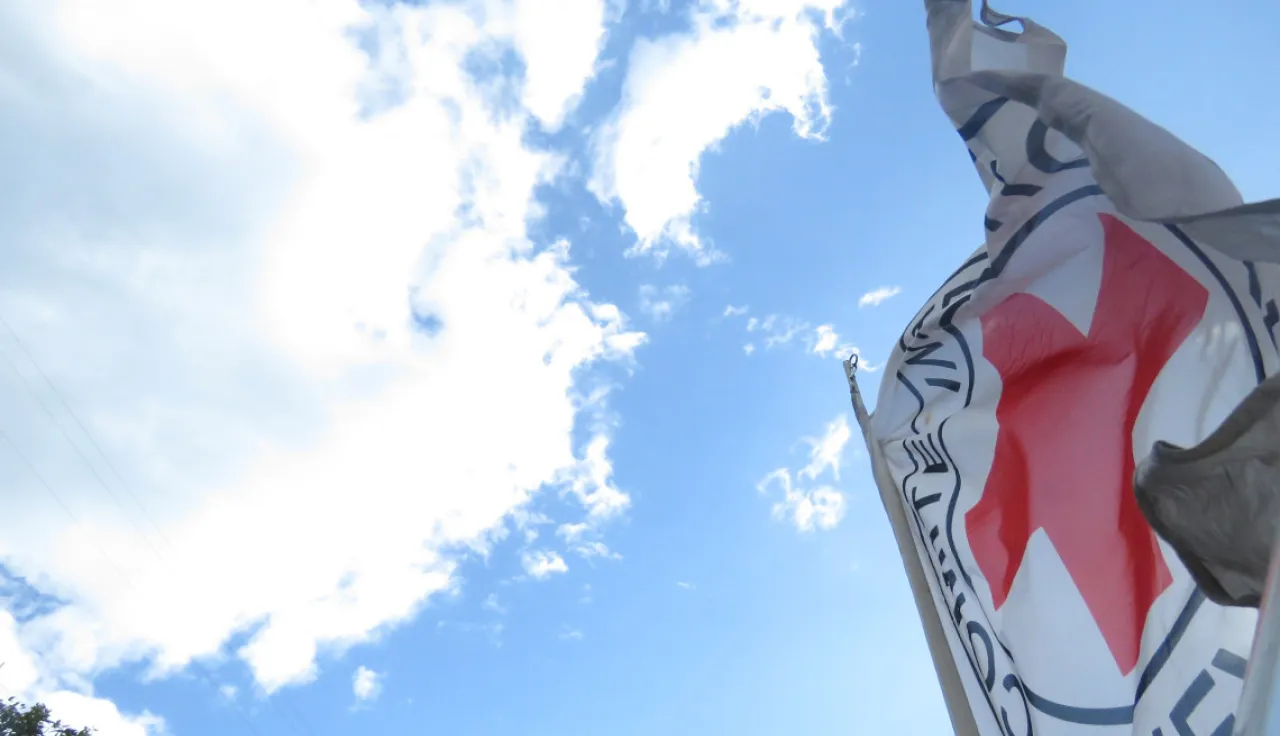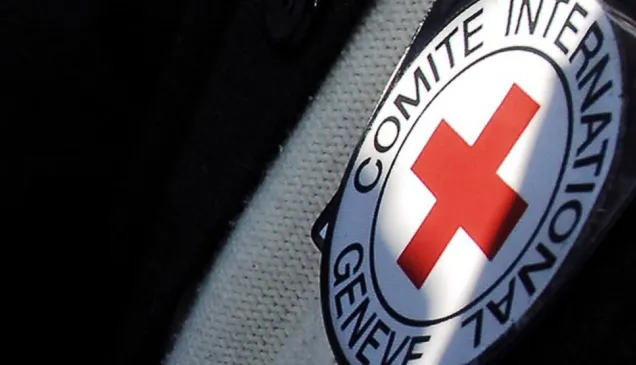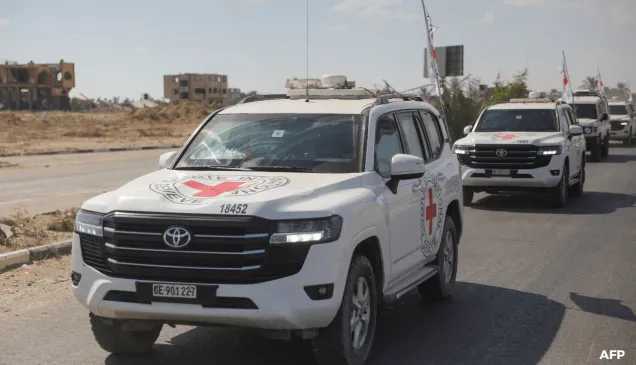By the end of 2023, more than 239,700 missing persons were registered by the Family Links Network of the Red Cross and Red Crescent Movement around the world. But this figure does not convey the true extent and severity of the issue.
Behind every missing person, there are countless more suffering from the anguish and uncertainty of not knowing the fate and whereabouts of their loved ones. Those waiting to learn of the whereabouts or fate of a family member live in limbo, afforded neither closure of mourning nor a reason to give up hope. Living in ambiguity can also create legal, administrative, social and economic challenges, often exacerbating poverty and leading to stigmatization. To put an end to their suffering, they need answers. Families have the need, and the right, to know what has happened to their loved ones. The issue of missing persons and the plight of families of missing persons should be acknowledged by authorities, communities and society-at-large.
As we commemorate the 75th anniversary of the Geneva Conventions, the bedrock of international humanitarian law (IHL), it is important to note that IHL contains obligations relevant to missing persons and their families. IHL gives rise to three main obligations, to be observed by state authorities and, parties to an armed conflict, where applicable: the obligation to prevent people from going missing; the obligation to clarify the fate and whereabouts of missing persons, and the obligation to investigate and, when appropriate, prosecute crimes resulting in persons going missing or being forcibly disappeared. Respecting these obligations can also prevent this tragedy.
Searching for missing persons and providing individualized answers on their fate and whereabouts to their families require concerted efforts. These include, amongst many others, the strengthening of national frameworks and systems, including medico-legal ones; putting in place or improving existing processes and mechanisms dedicated to establishing the fate and whereabouts of missing persons; and the collection and processing of information on missing persons and the events in which they went missing, as well as on human remains and gravesites. The inclusion and active participation of families of missing persons in these processes is crucial for the successful resolution of this humanitarian issue.
Acknowledging and addressing the issue of missing persons and the associated needs of their families is also a critical part of broader peace and reconciliation processes. A failure to recognize the experiences of all communities who are still searching for their missing relatives may generate anger and resentment, further making reconciliation out of reach. If the issue is left unaddressed, not only individuals but entire societies are unable to move on.
In Sri Lanka, thousands of families of missing persons from all communities across the country are still waiting for answers while struggling to cope with multiple challenges at family, community and societal levels. Not knowing the fate or whereabouts of their missing loved ones, they continue to endure suffering and anguish that transcend differences. Every effort must be made to establish the fate of missing persons while their relatives must be able to live in dignity.
For over a decade, the ICRC has been implementing an island-wide support programme in Sri Lanka to address the emotional, economic, legal and administrative needs of families of missing persons. The ICRC will continue to engage with families of missing persons to strengthen their capacities to play an active role in the processes aimed at providing them with answers and encourage them to work together, where possible. The ICRC also works with the authorities and relevant stakeholders to build their capacities to address the multifaceted needs of families of missing persons, including their need to know.
Worldwide, the ICRC carries out a range of activities to search for and identify missing persons, address the needs of families of missing persons, protect and restore family links and protect the dignity of the dead. Drawing on its experience, the ICRC stands ready to continue sharing its global expertise with relevant stakeholders in Sri Lanka, in order to contribute to the process of clarifying the fate and whereabouts of missing persons, in accordance with its humanitarian mandate.




